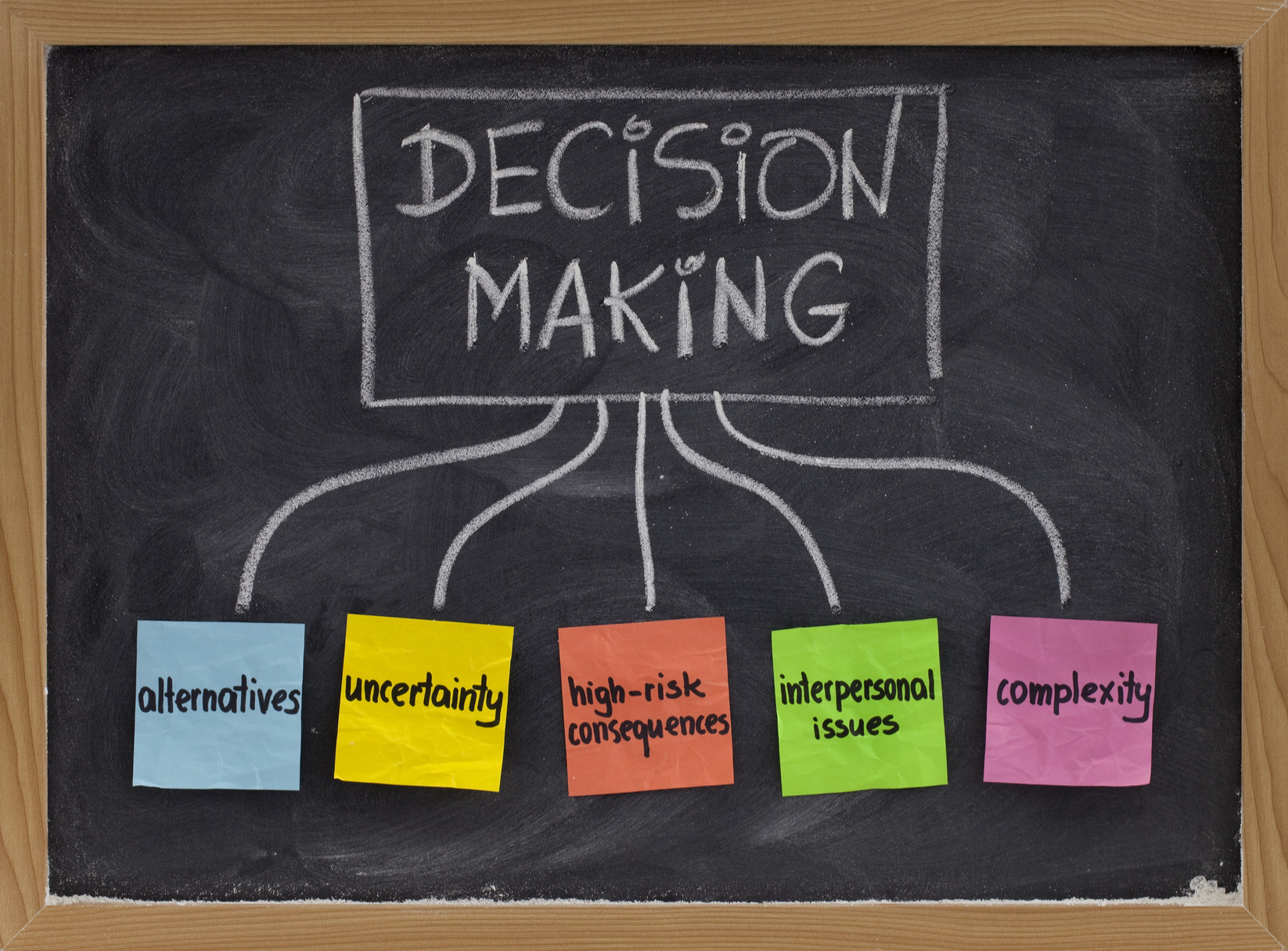Making determinations is an integral part of our regular lives, affecting all aspects from our professional paths to our personal connections. However, regardless of the importance of making decisions, many people struggle with it, often being overwhelmed by the choices present or paralyzed by the fear of making the wrong decision. In a world that calls for quick decisions and effective solutions, mastering the art of intelligent decision-making has never been more critical.
In this article, we will look into effective techniques to boost your decision making abilities, drawing insights from psychology, logical thinking, and social intelligence. We will discuss how to evaluate options efficiently, make confident choices under duress, and overcome common pitfalls like fatigue from decision making and analysis paralysis. Whether you are a director making tough calls, a employee navigating career options, or simply someone aiming to make improved choices in life, the tools and techniques offered here will equip you to make decisions with lucidity and self-assurance.
Established Methods for Smart Decisions
Creating smart decisions frequently depends on the ability to assess choices explicitly and rationally. An valuable technique is to employ decision structures that help systematize cognitive processes. Tools like the SWOT analysis or the Decision Matrix can illuminate the advantages and cons of each choice, enabling you to evaluate them against your values and goals. By structuring your ideas, you can eliminate obstacles and zero in on what truly counts, culminating in better educated and certain choices.
Another important technique entails developing emotional intelligence to improve your decision-making capabilities. Comprehending your emotions and those of your peers can deliver valuable insights, especially in team settings or when facing critical decisions. By being mindful of emotional factors, you can reduce slants that may obscure your judgment. Awareness of when fear or overconfidence may misguide you enables a more steady strategy, enabling you to form decisions that match with both logic and affective understanding.
In conclusion, developing consistent practices that reinforce decision capacities is crucial. Easy activities, such as allocating time for review on prior choices or proactively looking for diverse viewpoints, can sharpen your skill to evaluate scenarios carefully. In Informative post , these routines foster a mentality that welcomes development and knowledge, further improving your ability for creating sensible choices under pressure. By integrating these techniques into your daily life, you establish a firm groundwork for forming better decisions throughout your experience.
The Psychology of Optimal Decision Processes

Comprehending the mindset behind our choices is crucial for developing the art of decision-making. One key aspect is the awareness of cognitive biases that can cloud judgment. For instance, the tendency to favor information that confirms one's beliefs leads people to choose information that supports their existing beliefs while disregarding evidence that contradicts their beliefs. Being aware of these biases can empower decision-makers to seek a more fair perspective, eventually leading to better choices.
Emotional awareness also is a key factor in successful decision-making. The capacity to identify and manage an individual’s emotions, as well as to connect with others, enables individuals to evaluate circumstances more holistically. This emotional adeptness can facilitate clearer thinking in pressurized environments, allowing for decisions that correspond better to both individual beliefs and the wider consequences for stakeholders.
Furthermore, the context in which decisions are made can affect outcomes. High-stress environments may result in snap judgments, while less stressful settings encourage comprehensive consideration. Utilizing mindful strategies can help cultivate mental clarity, allowing people to approach decisions with greater focus and less anxiety. By fostering a conducive atmosphere for decision-making, individuals can combine both gut feeling and logic more effectively, achieving equilibrium that supports more effective choices in their choices.
Methods to Mitigate Decision Overwhelm
A useful approach to combat choice overwhelm is to simplify your daily decisions. Establishing routines can help minimize the amount of decisions you need to make each day. For example, planning your meals for the week or laying out your clothes the night before can conserve mental energy. When you cut out trivial choices, you allocate your cognitive resources for more important decisions that require your complete focus and critical thinking.
Another approach is to set time limits for decisions. By giving yourself a specific period, you can prevent prolonged consideration that often leads to indecision and exhaustion. This technique encourages quicker choices and helps avoid the trap of over-analyzing options. By adopting a sense of urgency, you motivate your mind to concentrate on key factors, allowing you to make more decisive choices without getting bogged down in excessive information.
In conclusion, engage in self-care to maintain your mental clarity. Regular exercise, adequate sleep, and mindfulness practices can greatly enhance your decision-making capabilities. When your mind is clear and energetic, you are better equipped to handle complex decisions without feeling burdened. Incorporating these habits into your routine helps maintain your decision-making stamina, ultimately allowing you to make better choices with less stress.
